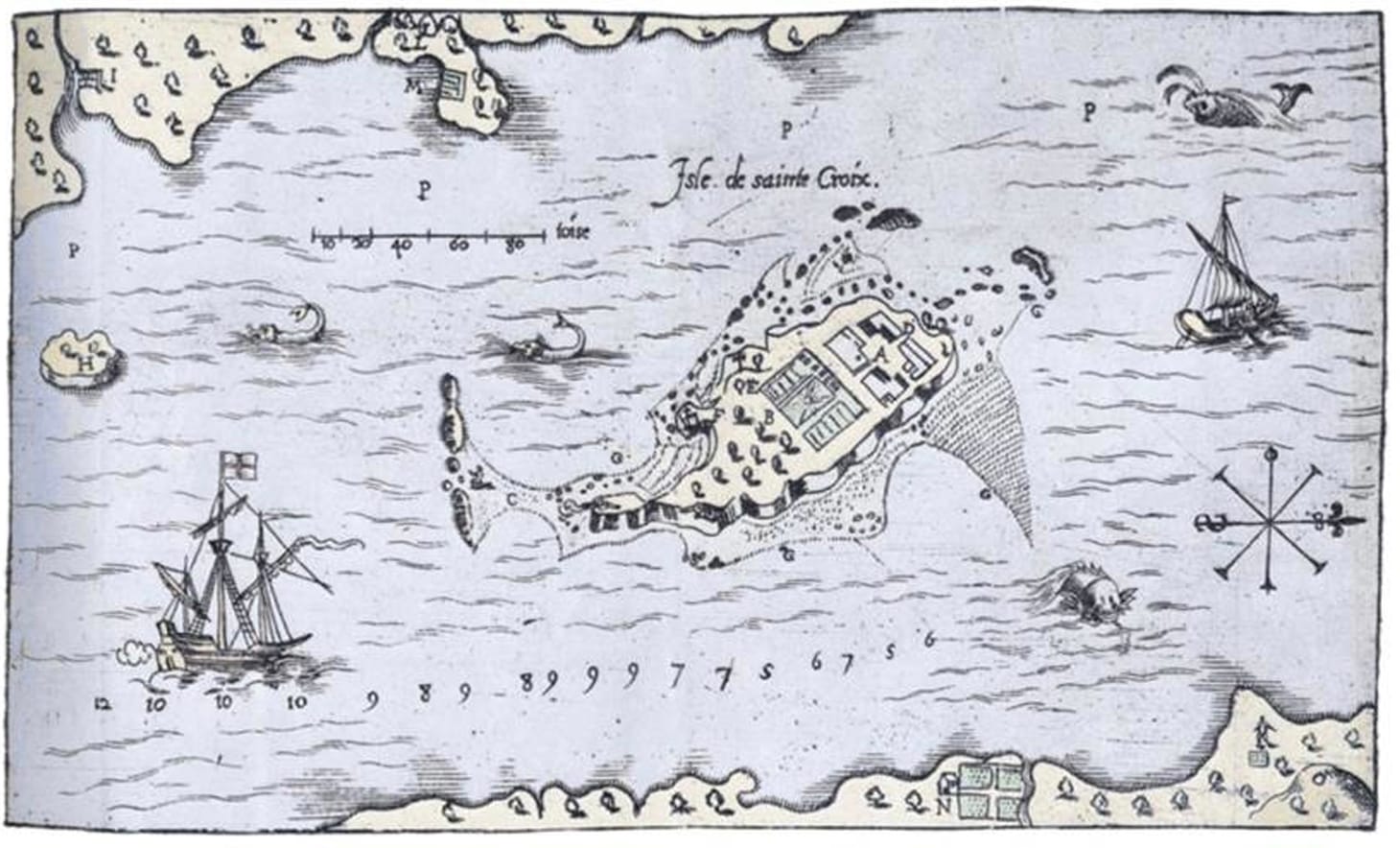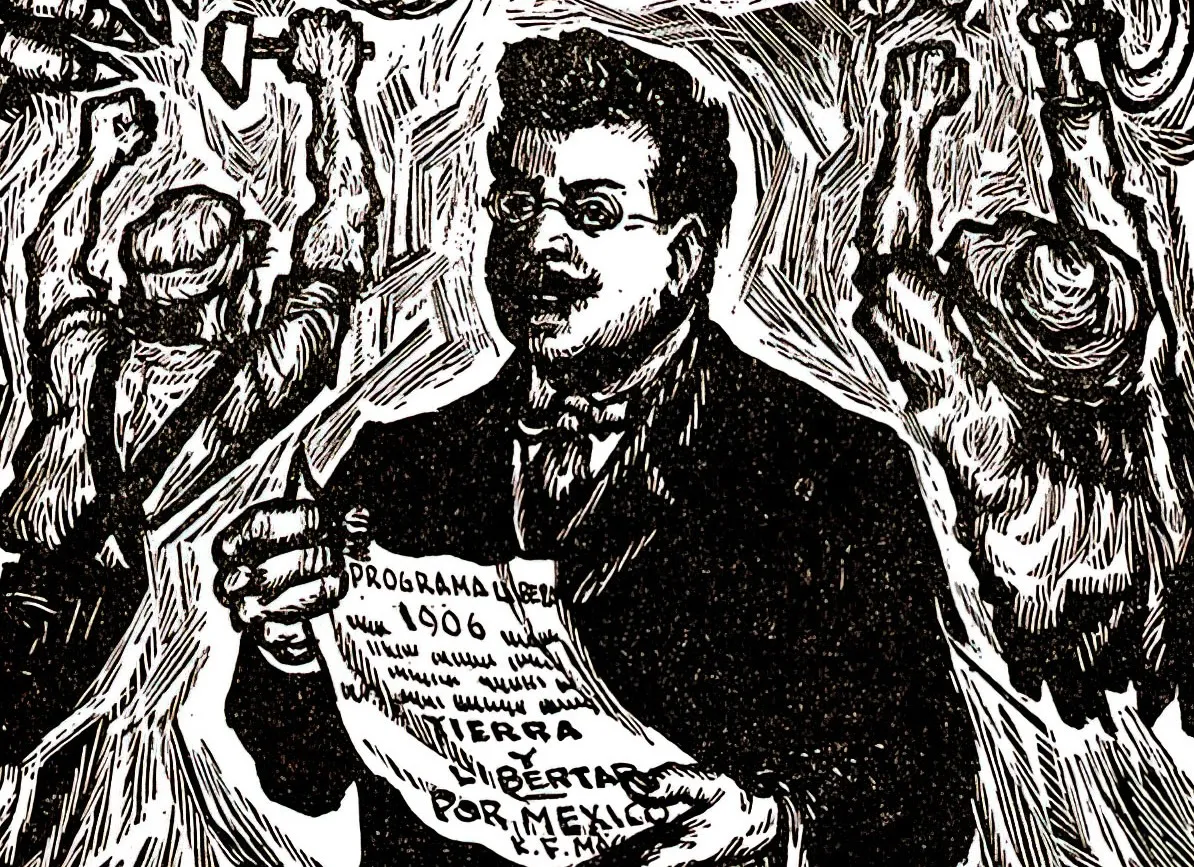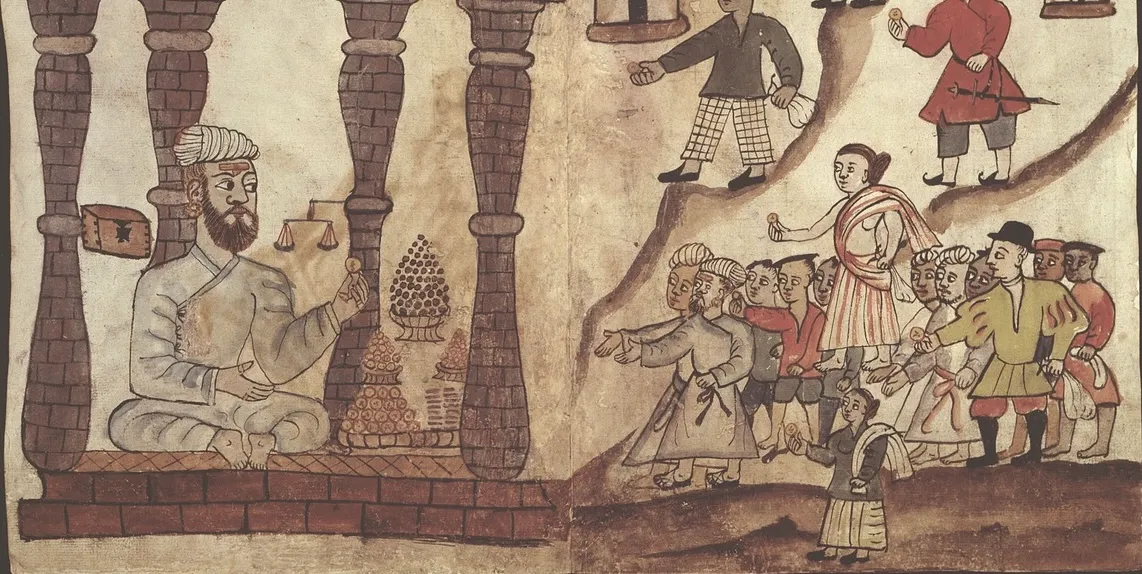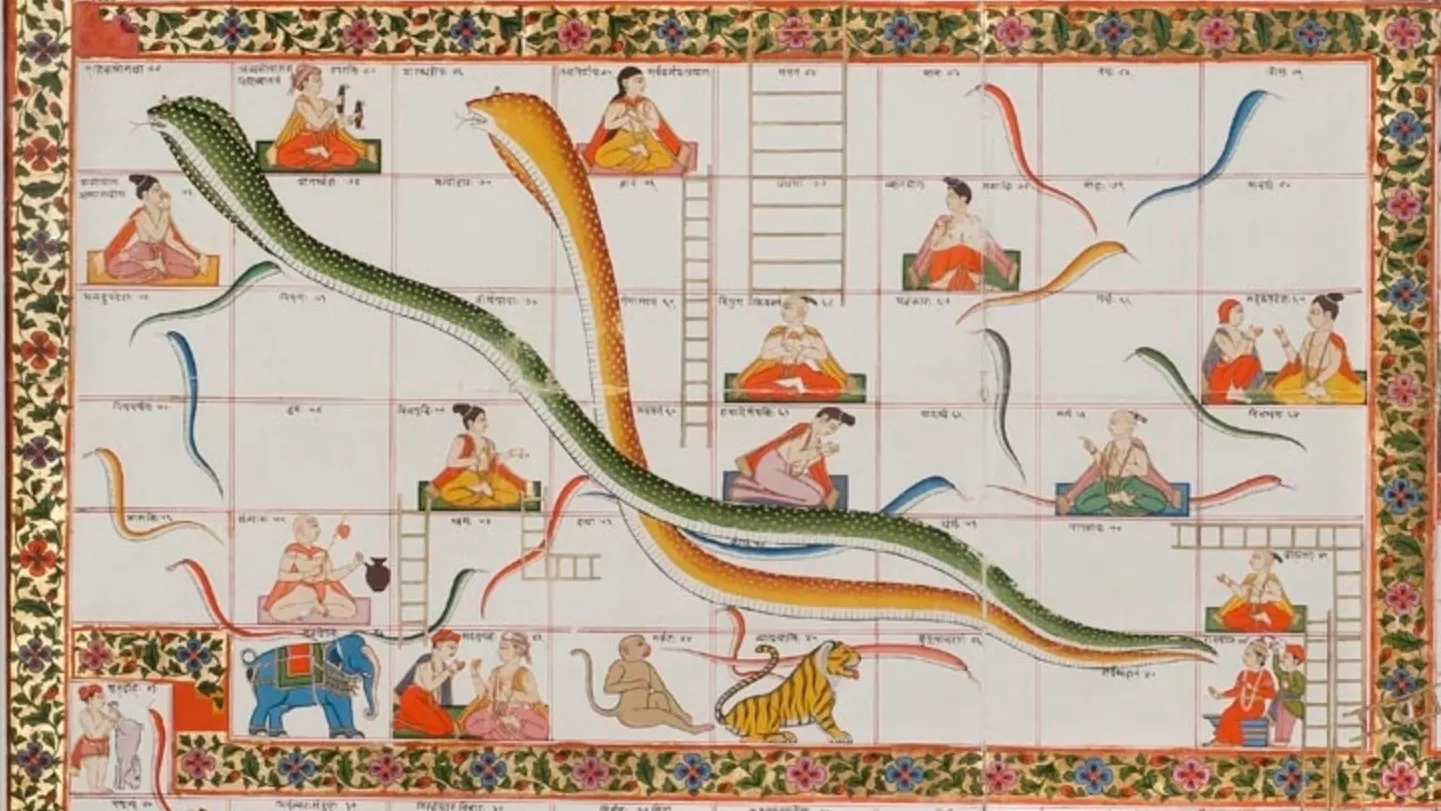“Six Months of Winter”: New France, the Little Ice Age, and European Colonization of the Americas
Discussion of teaching the effects of the Little Ice Age on French colonization of North America

Too often, we teach the history of European colonization as a success story: Europeans traveled far distances, decided to take over territory, and conquered. As I’ve written before, the early history of European colonization of the Americas is full of failures. Indigenous Americans resisted, and newly-arrived enslaved Africans revolted. And sometimes, the Europeans didn’t know what they were doing.
In my first post on the Little Ice Age, I described how we can integrate the Little Ice Age into topics we’re already teaching. At the same time the Spanish struggled to establish a colony in present-day South Carolina, the French also failed to establish their earliest settlements in North America because of the effects of the Little Ice Age. We can use the writings of Samuel de Champlain to illustrate how the Little Ice Age affected early French colonization of North America and the influence of Indigenous Americans.
French Failures at Colonization
This content is for Paid Members
Unlock full access to Liberating Narratives and see the entire library of members-only content.
SubscribeAlready have an account? Log in



